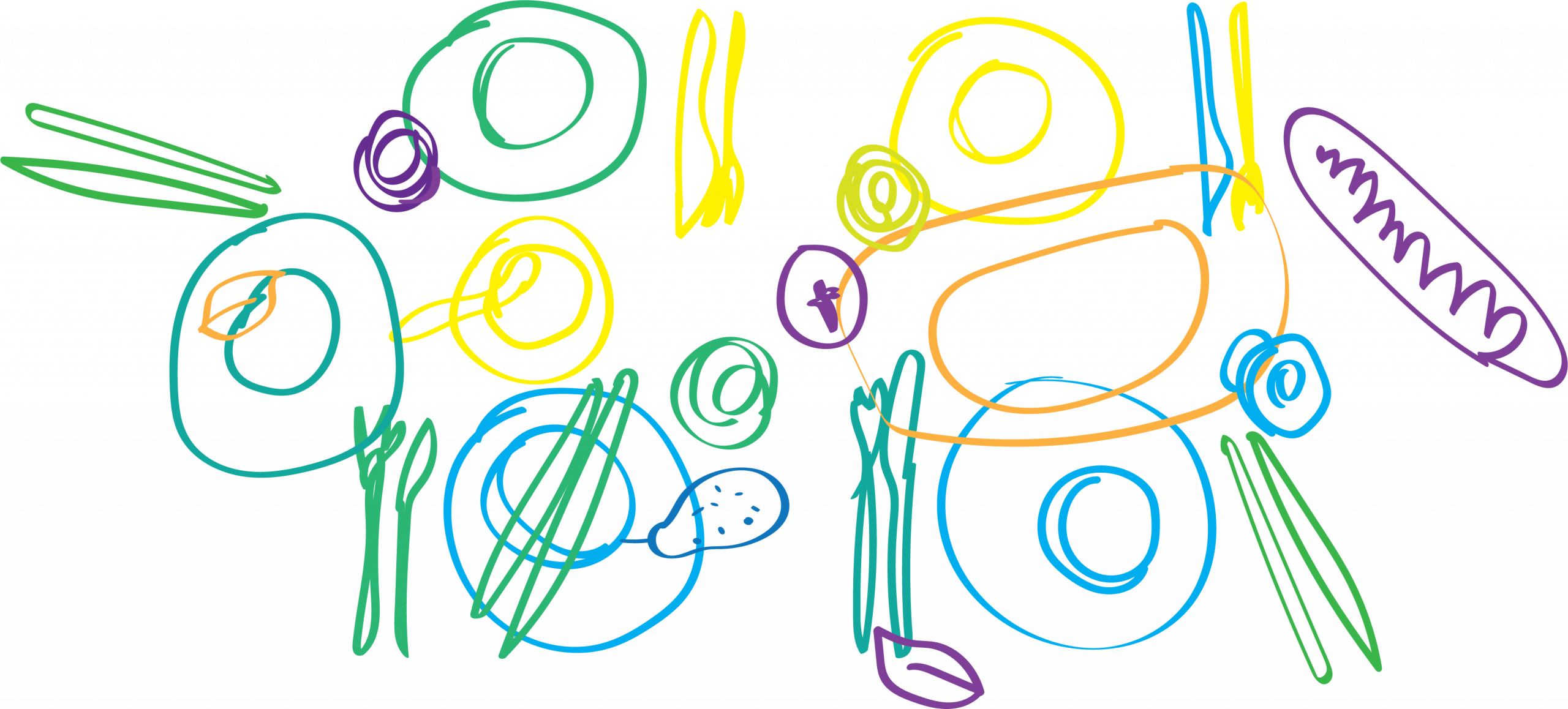When we hear the word colonialism, we might think of history books, empires, or old maps with red lines.
But colonialism isn’t just something of the past — it’s something that still shapes our world today: our politics, our economies… even what we eat.
🌟So what is colonialism, really? And why should we care?🌟
At its core, colonialism is the practice of one nation taking control over another — politically, economically, and culturally. It’s about power. A colonial power invades, dominates, and often replaces local traditions with its own. It’s not just about stealing land — it’s about reshaping minds, bodies, and kitchens. and one of the most overlooked yet deeply affected parts of everyday life under colonialism is food.
🍛 Colonialism on Your Plate
Many of our “traditional” dishes were shaped under colonial rule. Spices were taken from South Asia, sugar from the Caribbean, and coffee from Africa. But who profited from that trade? Not the people who grew it.
Take curry, for example. The British popularized a version of it across their empire, often removing the complexity of regional Indian cuisines and turning it into something simplified, mass-produced, and sold back to the world.
Or think of chocolate — originally sacred in Mesoamerican cultures. Under colonization, it became a European luxury, extracted through labor on plantations that often relied on slavery.
These examples aren’t just historical footnotes — they shape how we see, taste, and value food today.
But if colonialism changed the kitchen, maybe the kitchen can also challenge colonialism.
So what do we do with this knowledge?
If our meals carry the traces of empire, is there a way to cook differently — more consciously, more justly?
🍴 Decolonizing the Kitchen
To “decolonize” doesn’t just mean rejecting foreign food. It means asking deeper questions:
– Whose story does this dish tell?
– What ingredients were made invisible?
– What cultures were silenced to make this “global” meal possible?
Decolonizing the kitchen is about remembering. It’s about restoring voices and respecting histories. Sometimes it means reviving nearly forgotten recipes. Other times it means rethinking where we shop, what we cook, or how we name our food.
🌍 Why This Matters Today
Colonialism isn’t just in history books. It’s in supply chains. In food marketing. In the way supermarkets present “ethnic” foods.
When we understand colonialism, we start to see the kitchen not just as a place of comfort — but also as a site of power, memory, and resistance.
So, what’s cooking in your kitchen? And whose story are you telling when you cook?

Comments